The government has been trying to push Americans to use EV cars due to their benefits to the climate compared to gas or hybrid vehicles. However, one issue that has always been an issue is their cost.
Even though, at one point, the demand for EVs was starting to rise, this has since fallen, along with their prices. In some cases, once federal tax credits have been included, these prices match those of gas cars.
50% of Electric Vehicle Owners Have Regrets
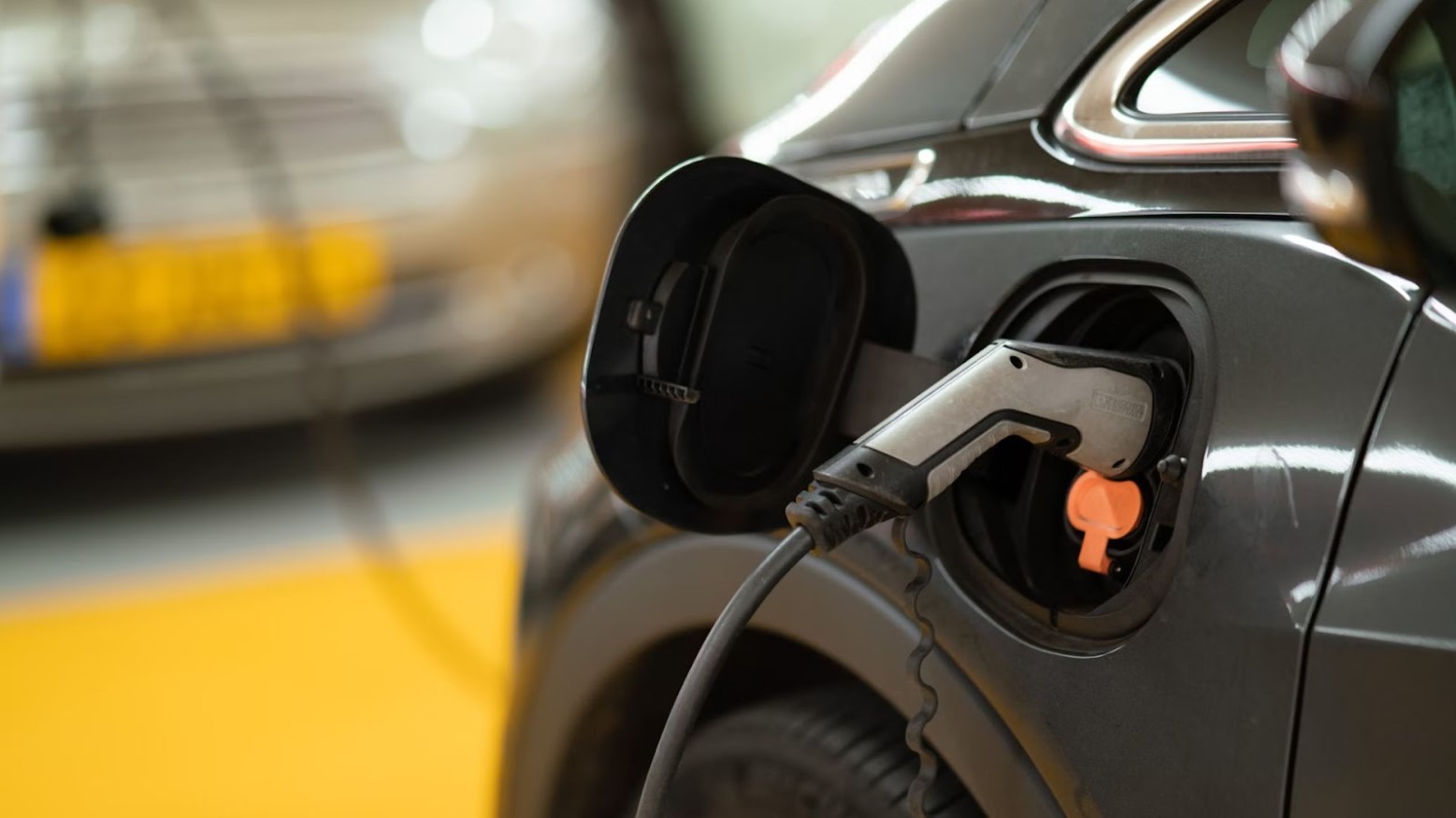
EVs were once marketed as good, but those who own them don’t seem to agree. Around 50% of EV owners have said they regret buying them to the point where they want to return their vehicles.
They have said they regret it so much that they would return to their trusty and reliable gas vehicles instead. The main issue is charging their EVs.
Reasons for Car Prices Skyrocketing
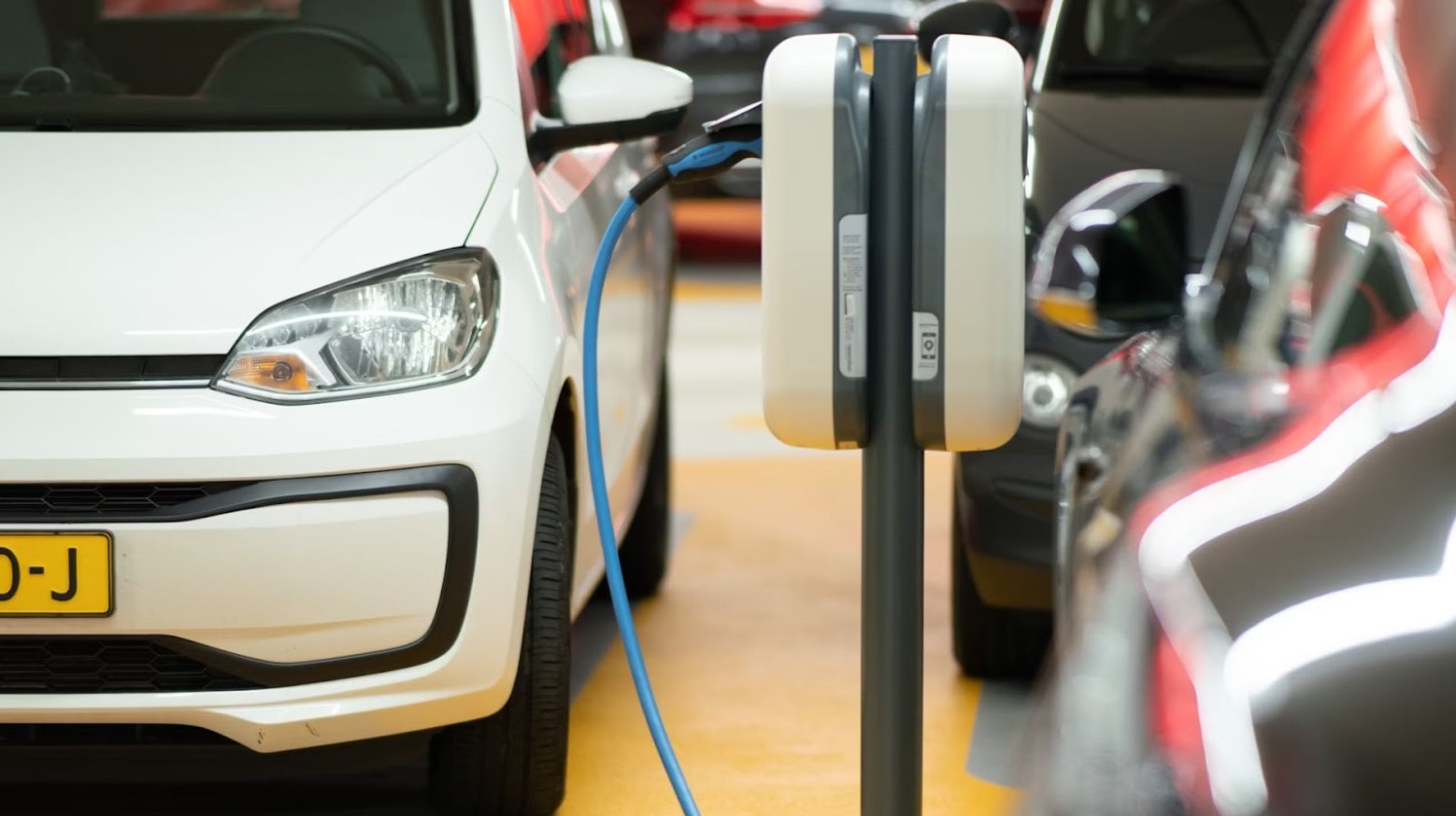
Before the cost cuts of EVs and other vehicles, car prices had skyrocketed since the pandemic. This is because factories were shut down, causing supply chains to break down and the chip shortage occurring.
This resulted in practically non-existent inventories of new and used cars, which raised prices as there were issues with supply but a high demand. Since then, inventory has increased, which has allowed the market to cool down a bit too much for manufacturers’ liking.
EV Sales Could Cost the Global Economy
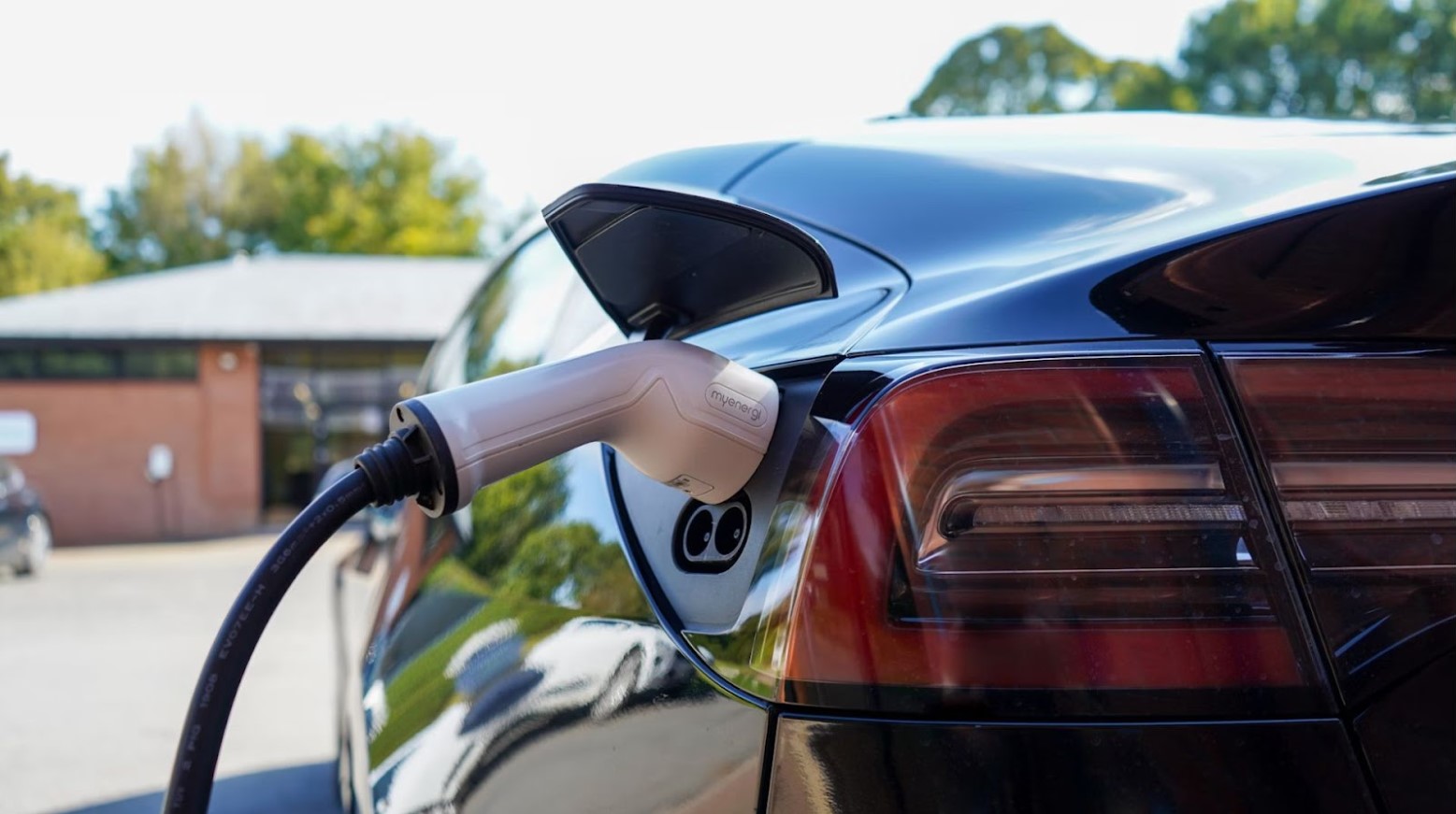
The lack of EV sales worldwide could severely affect the global economy. As governments are wanting their citizens to ditch gas for electric within the next few years, they are going to have to do something drastic to get back on track.
In the first quarter of 2024, EV companies saw a decrease in sales by as much as 47%, and these companies and governments are now desperate to try to raise these sales back up.
Average EV Price Is Down
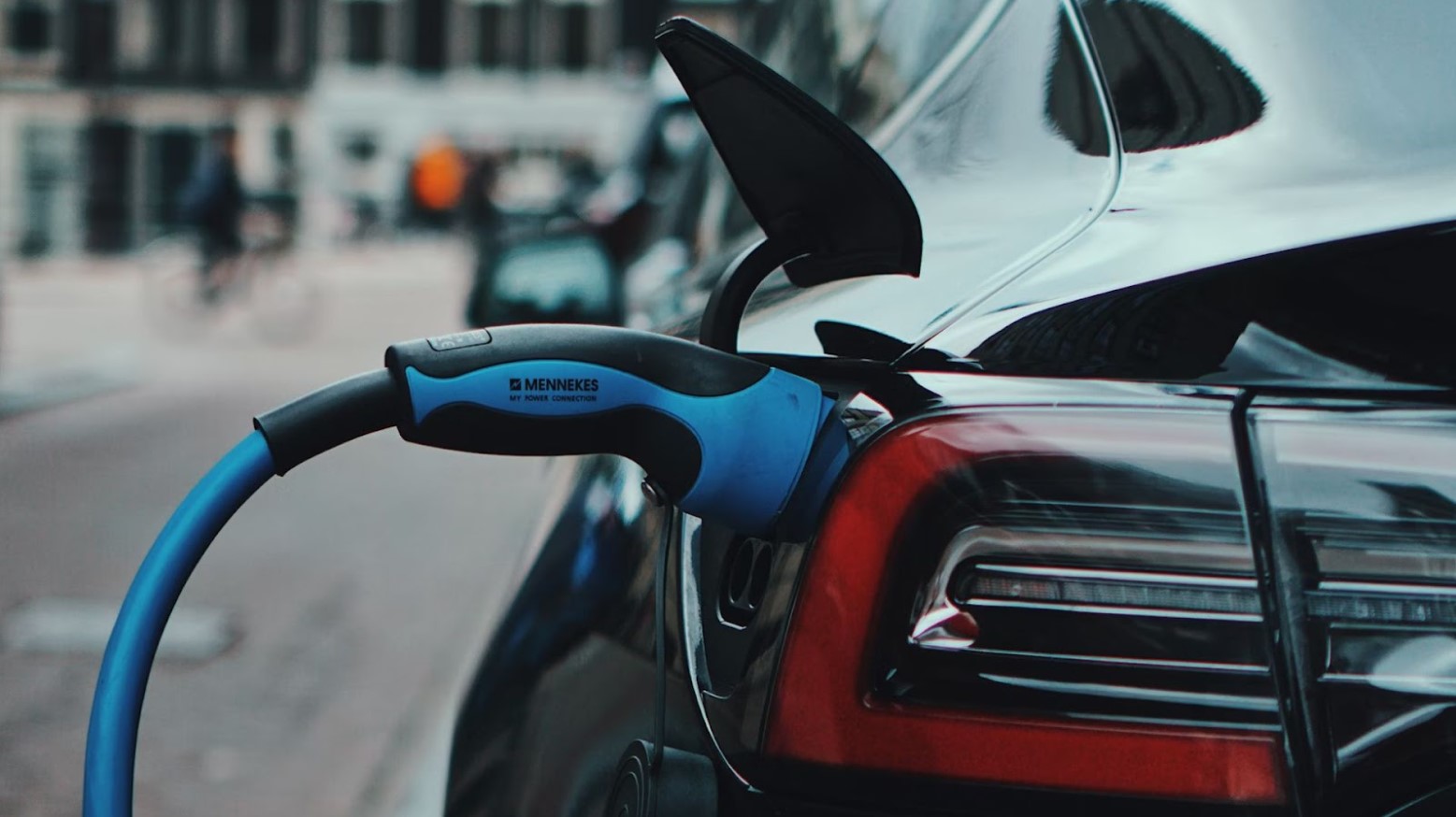
The cost of the average EV vehicle has significantly gone down over the last year or two. In May 2024, the average price of a new EV was $56,648, which is 15% lower than two years earlier, when the average price was $65,000.
Used EV prices have also gone down. In May 2024, they were $28,676, a 42% decline from $40,783 in May 2023.
Why Are EV Prices Falling?
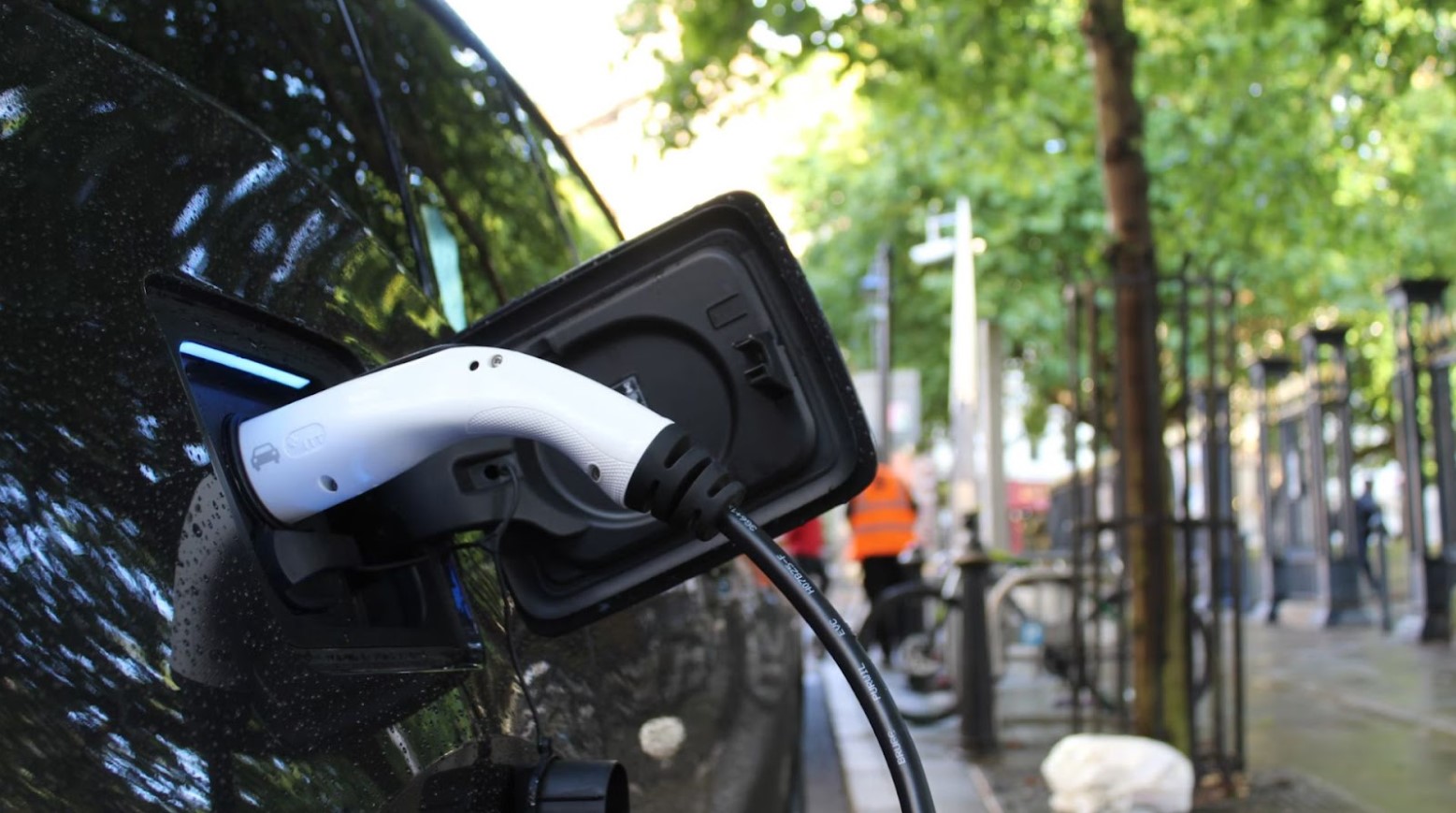
One of the main reasons for EV prices falling is due to the lack of consumer demand. The prices of EVs are still higher than those of gas vehicles, but the gap between the two continues to narrow all the time.
The number of new and used EVs in garages is continuing to rise, with experts suggesting this means there should be deals on these in the near future to get rid of the rising inventory and hopefully revive the interest in EVs once again.
Secondhand EV Prices Are Also Falling

The price of EVs is not only falling at the car dealership — they are also falling in the second-hand market.
According to the Financial Times, the second-hand value of the top-10 selling battery cars in the U.S. fell an average of 28% in 2023. The fall in EV resale value is a worldwide trend, with sales in the UK falling by about a fifth.
Which Brands Are Cheaper on Resale?
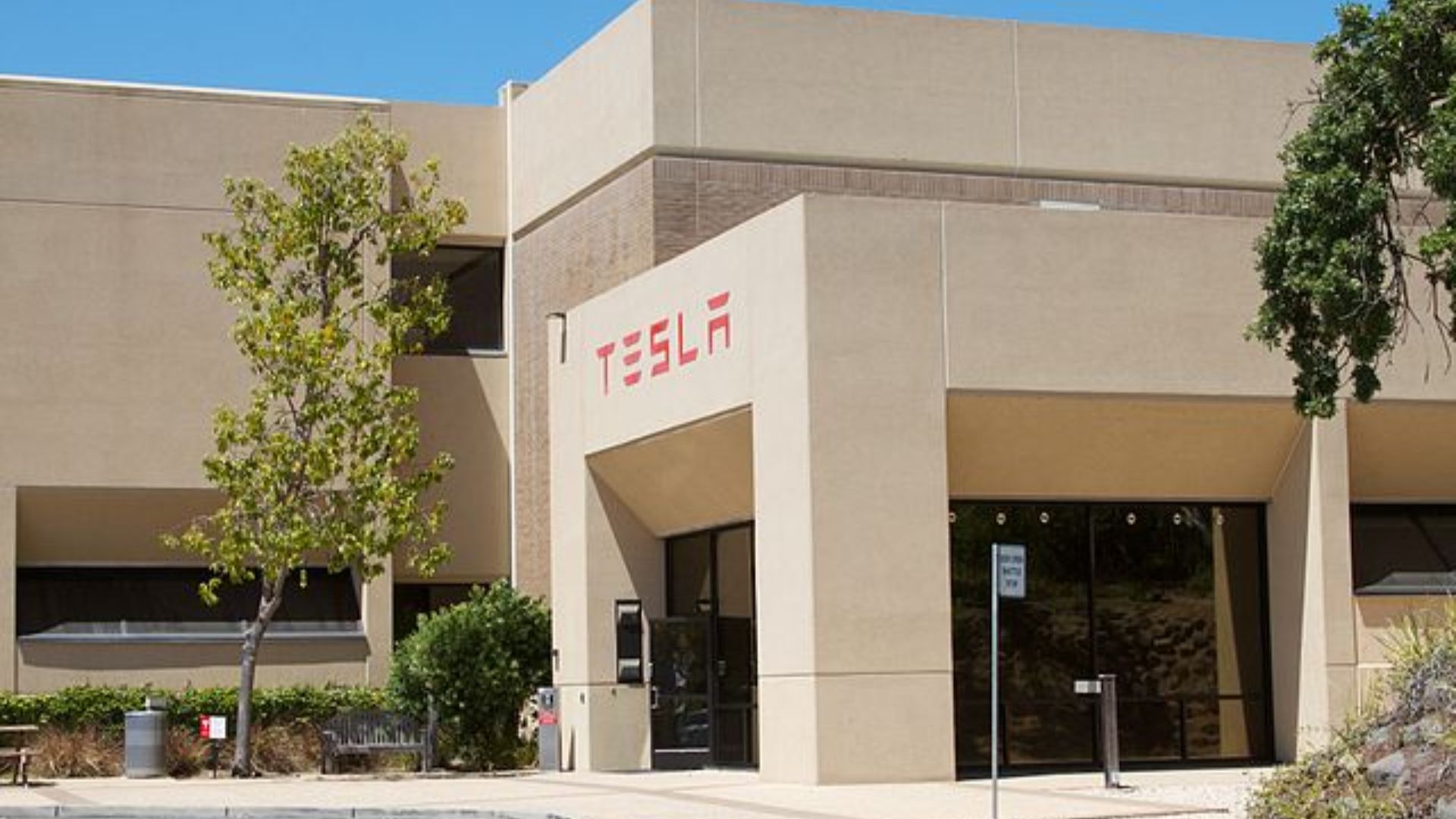
On resale, the prices of the most well-known EV brands have fallen by thousands of dollars.
The price of a used Tesla Model X has dropped by 36% compared to the previous year. In December 2022, a second-hand Model X would sell for $75,798. By December 2023, you could buy an equivalent vehicle $48,511. Other bestsellers fell in price, including Ford’s F-150 pickup truck by 30% and the Chevrolet Bolt by 32%.
Lower EV Prices Are Helping Sales
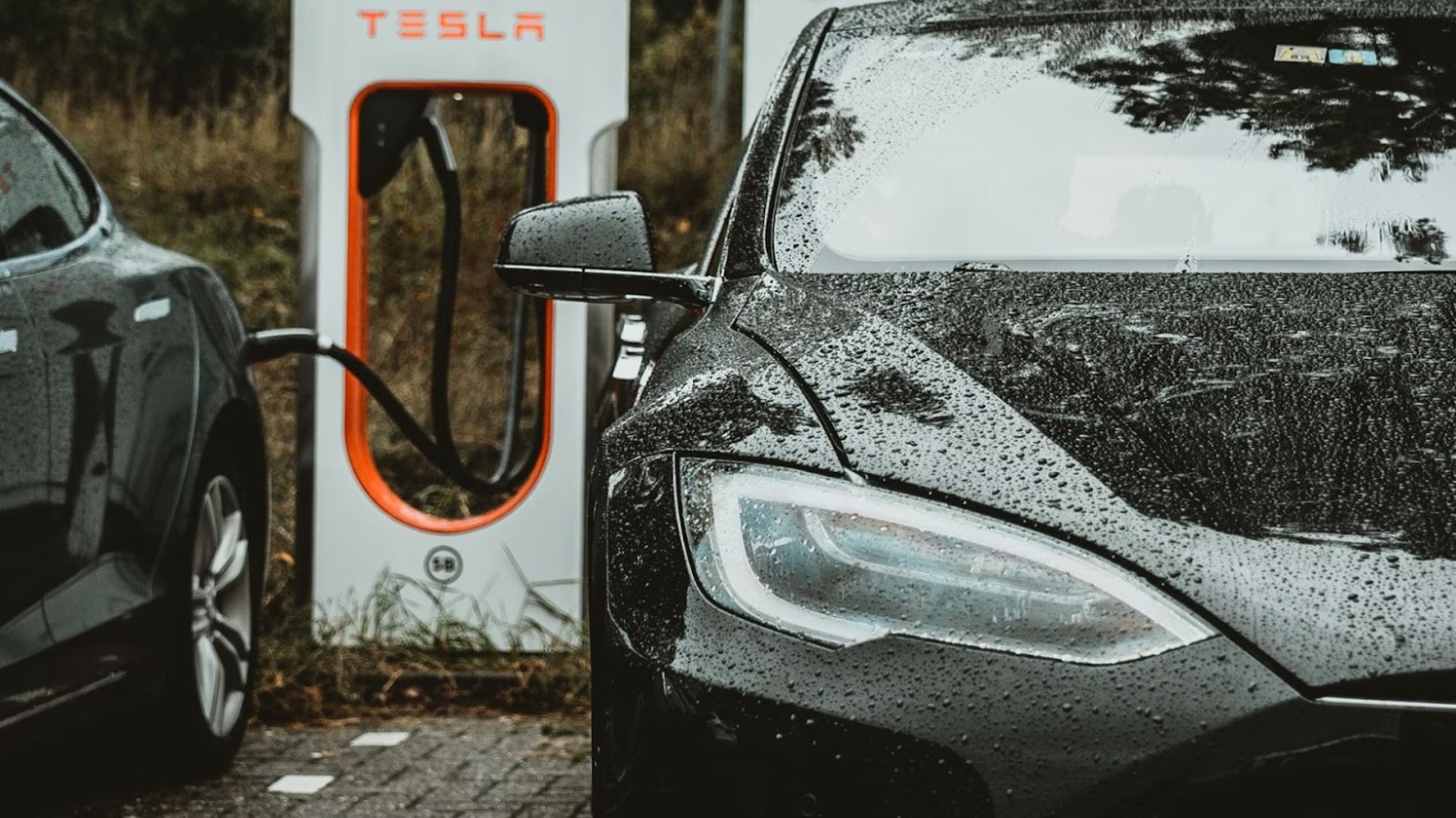
One thing experts have noticed is that lower EV prices have helped with the number of sales and kept them up as much as they could amidst the falling sales of more expensive EVs.
Those who deal and sell EVs hope that continuing to lower the price will help get these sales back up again.
EV Giants Are Noticing the Trend
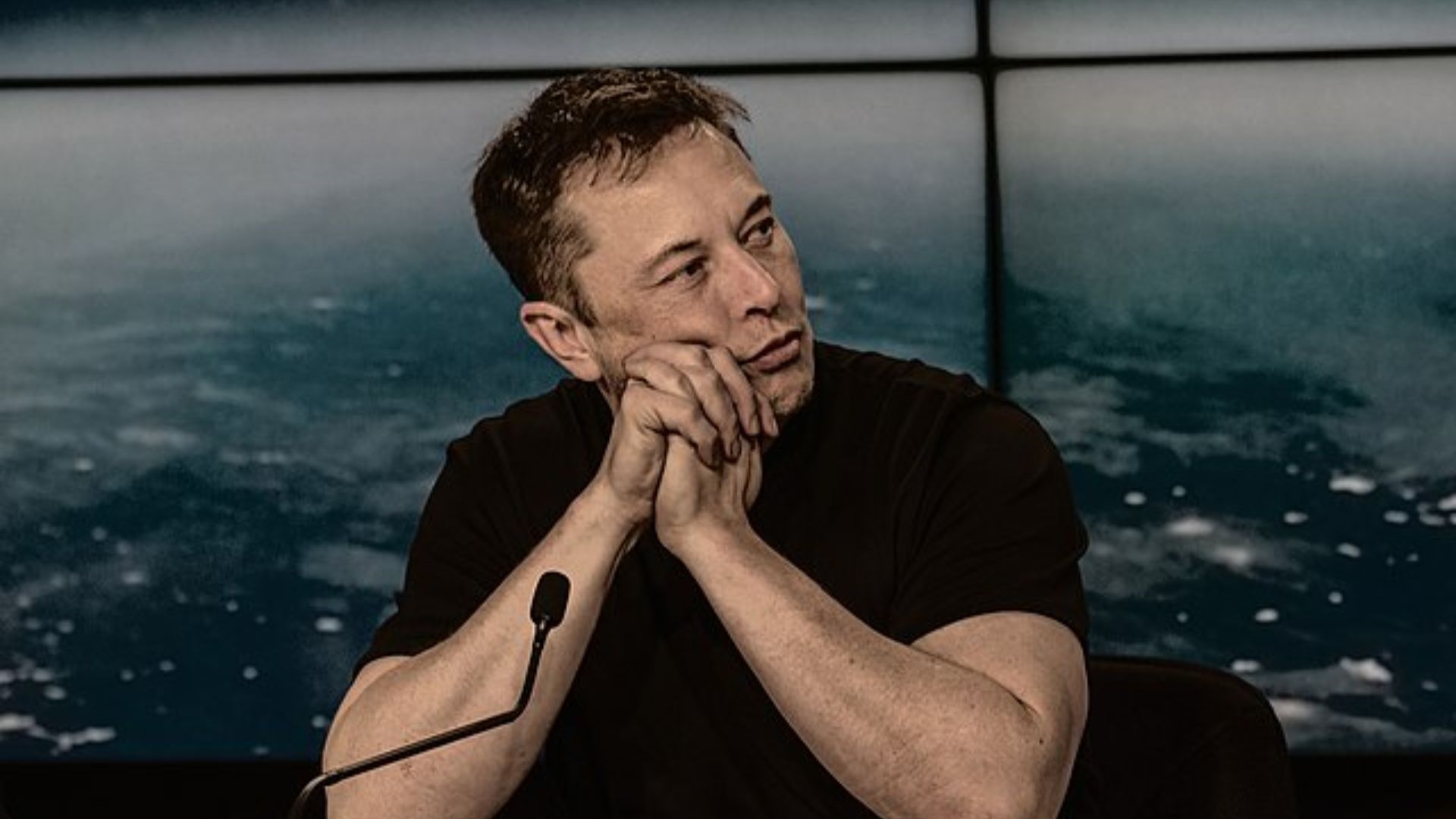
Even the richest man in the world is feeling the pressure of the current stall in the EV market.
The pace of Tesla sales has undoubtedly slowed after the COVID-19 pandemic. Musk told investors: “The EV adoption rate globally is under pressure, and a lot of other auto manufacturers are pulling back on EVs and pursuing plug-in hybrids instead.”
Profit Taking a Backseat

Electric carmakers may have to put profit on the backburner due to strong competition from abroad.
Analyst for HSBC, Mike Tyndall, said that EV pricing is “likely to only get tougher in 2024.” Manufacturers for EVs may have to slash prices to prevent being undercut by newer, cheaper models from China. Tyndall said it is “difficult to completely focus on profitability” when carmakers risk losing their place in the market.
Biden’s 2030 Electric Vehicle Plan
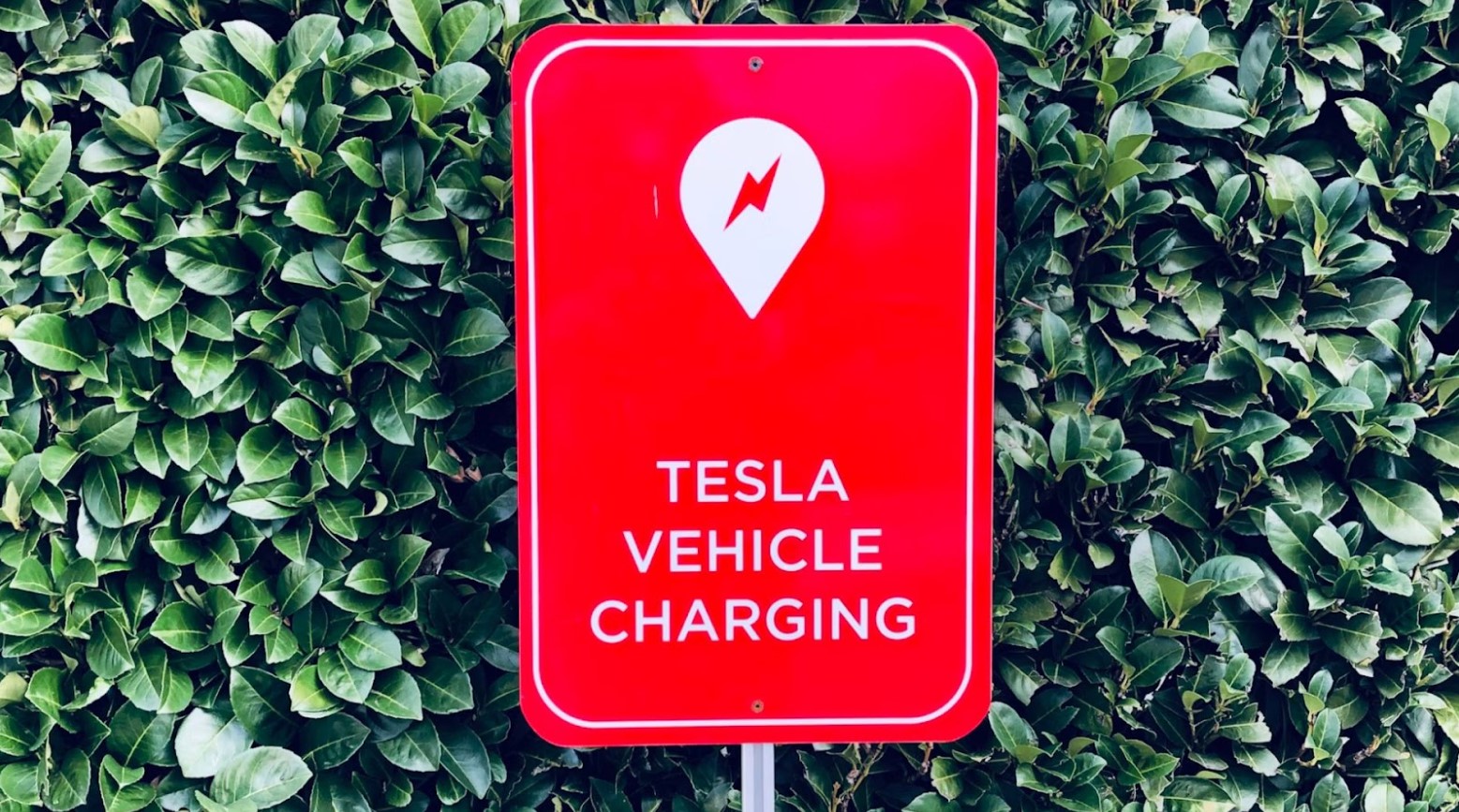
Biden has a plan for 2030 for how he wants the U.S. to look regarding EVs. However, with the latest figures showing EV sales are plummeting, this may have to be rearranged a little.
He also wants manufacturers to quickly curb the discharges of greenhouse gases, hydrocarbons, nitrogen oxides and particulate matter from new passenger vehicles, light trucks and bigger pick-ups and vans. This will start with models made from 2027 onward.
Some States Had Bigger Ambitions

California regulators have greater ambition than Biden’s plan, aiming to end statewide sales of new gas cars by 2035.
The golden state is the largest EV manufacturer in the country and to meet renewable energy targets, will impose an up to $20,000 fine for every car sold in violation of the state’s EV targets. The drop in sales could spell trouble for Californian manufacturers.
The Election Will Determine EV Expansion

The presidential election throws the fate of EV sales into another realm of uncertainty as the growth of charging infrastructure needs heavy policy support from the next president.
EV tax credits remain a significant incentive for battery-powered and plug-in hybrid cars. Another important benefit to buying EVs are that buyers can get advanced payment of tax credits at time of purchase, rather than filing for tax returns later.
Other Car Prices Have Also Gone Down

The prices of EVs and non-EVs have gone down. This is expected to be related to the high cost of living, with many unable to afford a new or used car as they struggle to afford the basics.
Non-EV prices have fallen by 13.1% since 2023. Compact cars are down 17.1%, midsize vehicles are down 16%, pickups are down 15% and SUVs are down 14%.
Automakers Are Scaling Back on EVs
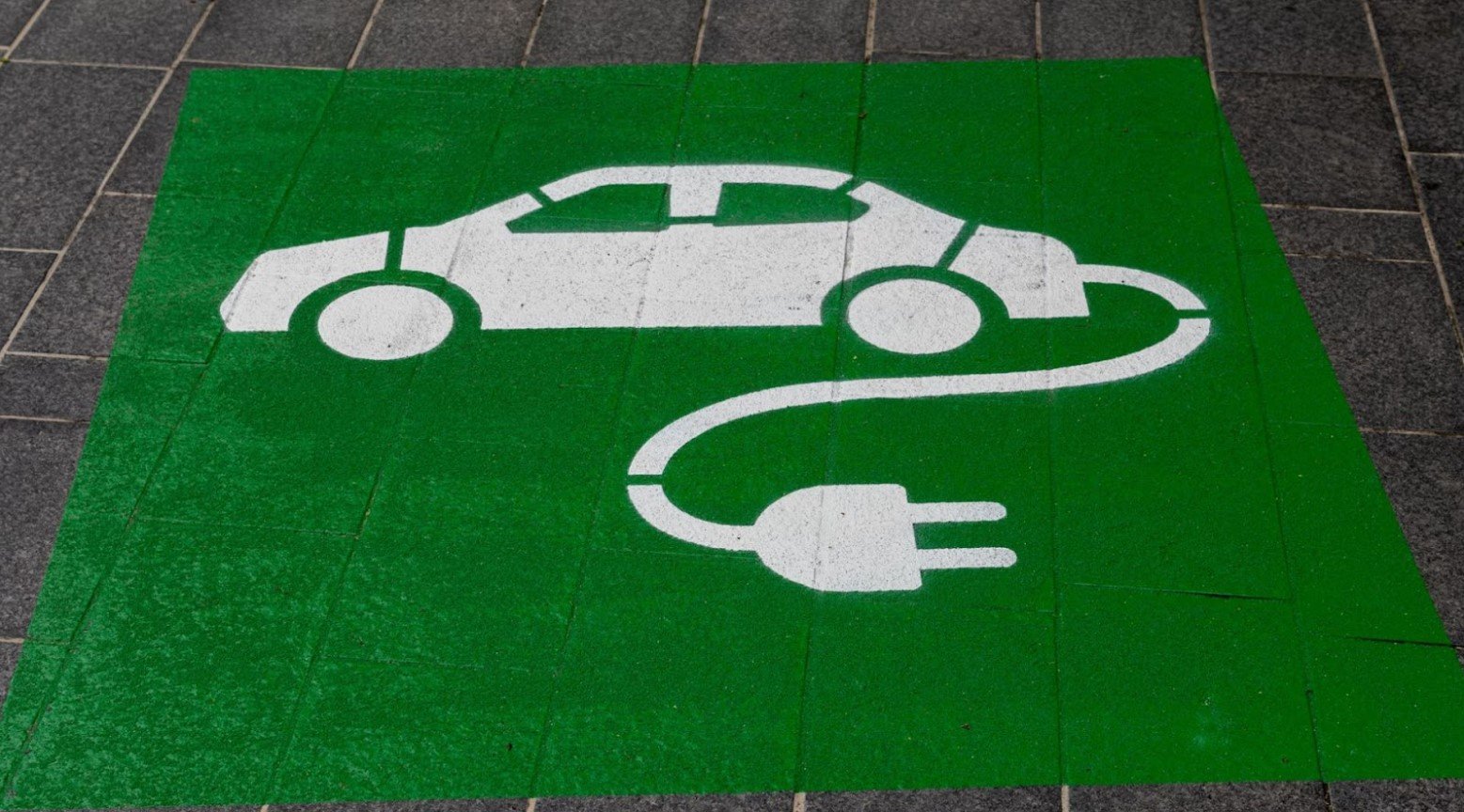
While automakers such as Tesla exist purely to supply the market with EVs, other automakers have been doing so for decades — long before the idea of an EV even existed.
Automakers such as Ford and General Motors have decided to scale back their efforts to introduce more EVs onto the market and focus instead on other areas of the market.
Issues With EV Charging Stations
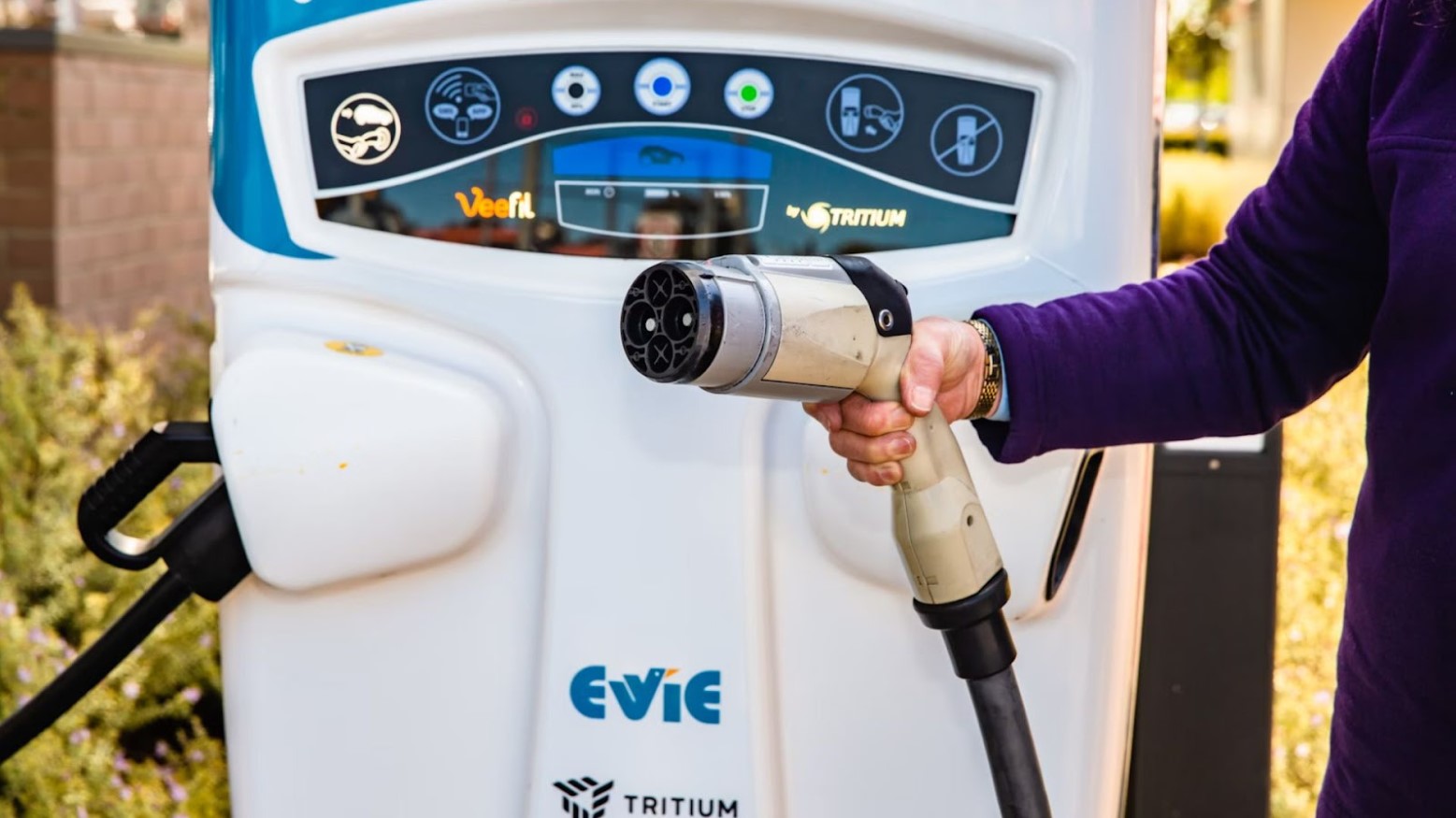
One of the main issues with EVs is the need to find a charging station, which is especially problematic when going on long journeys and not knowing where charging locations might be.
This is especially true in rural areas, where charging stations are infrequent compared to populated areas. Even if there is a charging station, many stations are often out of order or someone else is using them, leaving drivers in a sticky spot of driving to find another station or waiting around for a station to become available.
Charging Stations Could Hinder EV Growth
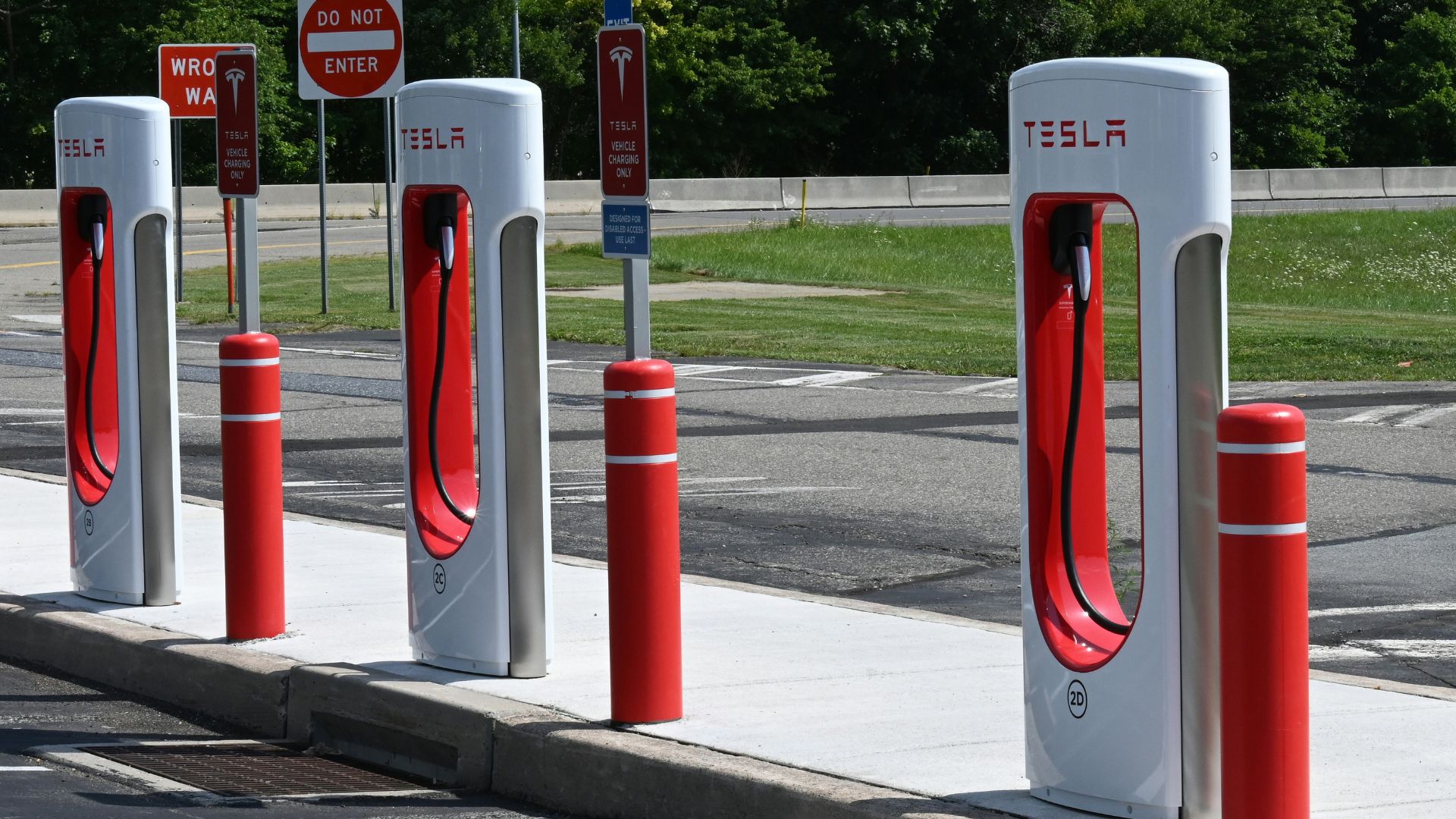
While EV prices are starting to match those of gas-powered cars, the delayed rollout of electric vehicle charging stations may further hinder the sale of the cars.
Lawmakers approved $5 billion for states to quickly build a network of electric charging stations two years ago. Progress is being made in some states, while some have not even awarded contracts or started construction.
EV Culture Wars

Alongside high rates of regret from EV owners and fierce competition from manufacturers abroad, EVs are also the new culture war battleground.
EV charging stations have been hit by vandals. EV drivers are also being targeted by sceptics of the transition to green energy. There have been reports of drivers of larger vehicles blocking EV drivers into charging stations and coal-rolling EV vehicles.
Tesla Dominates the EV Market
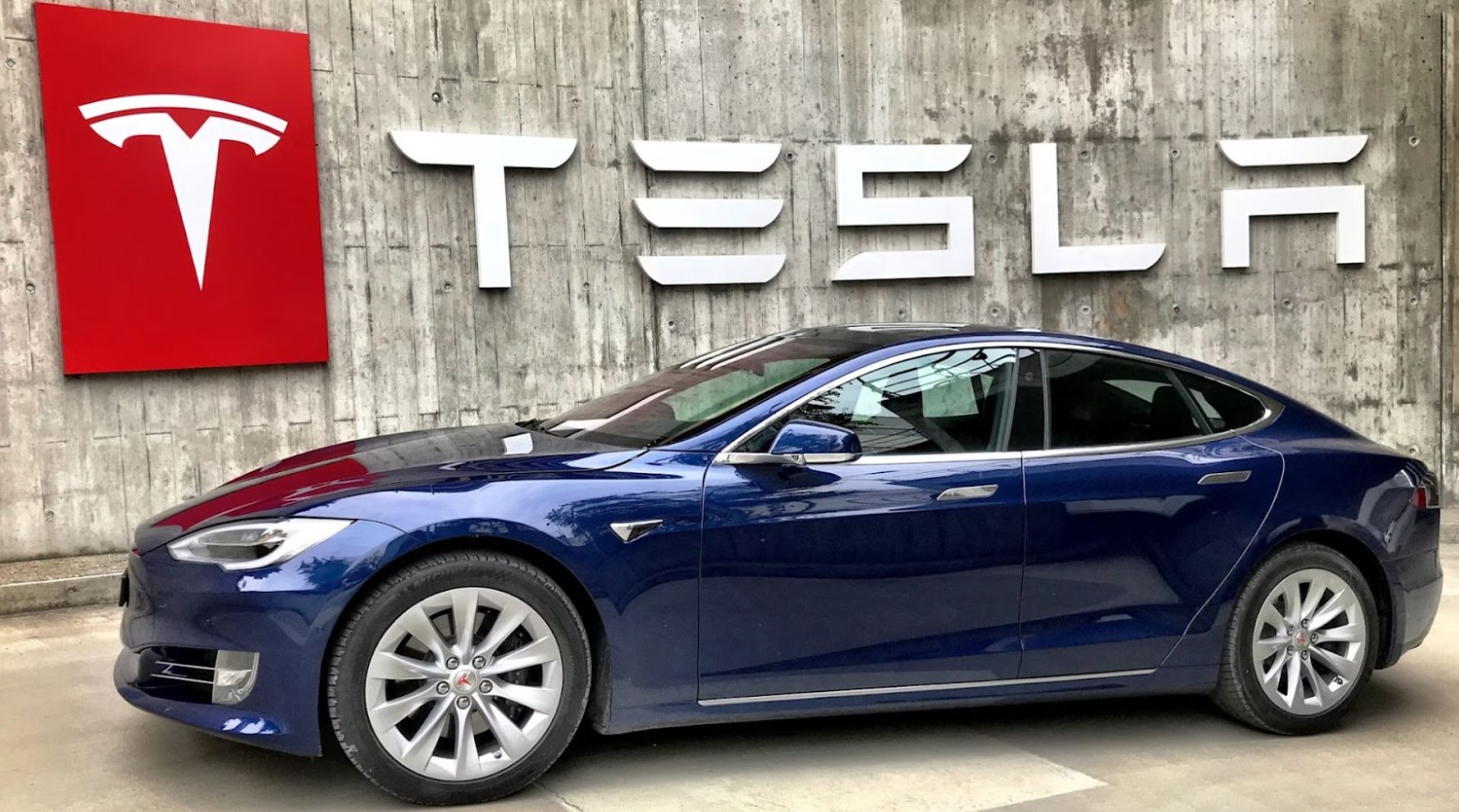
Tesla is the main dominator of the EV market, which means it has practically full control over the prices of all vehicles, whether they are Teslas or not.
As Tesla decided to reduce the prices of some of its vehicles, other EV producers followed suit. However, whether these prices will continue to decrease or whether consumer demand will rise once more remains to be seen.
Tesla Is Facing Falling Sales
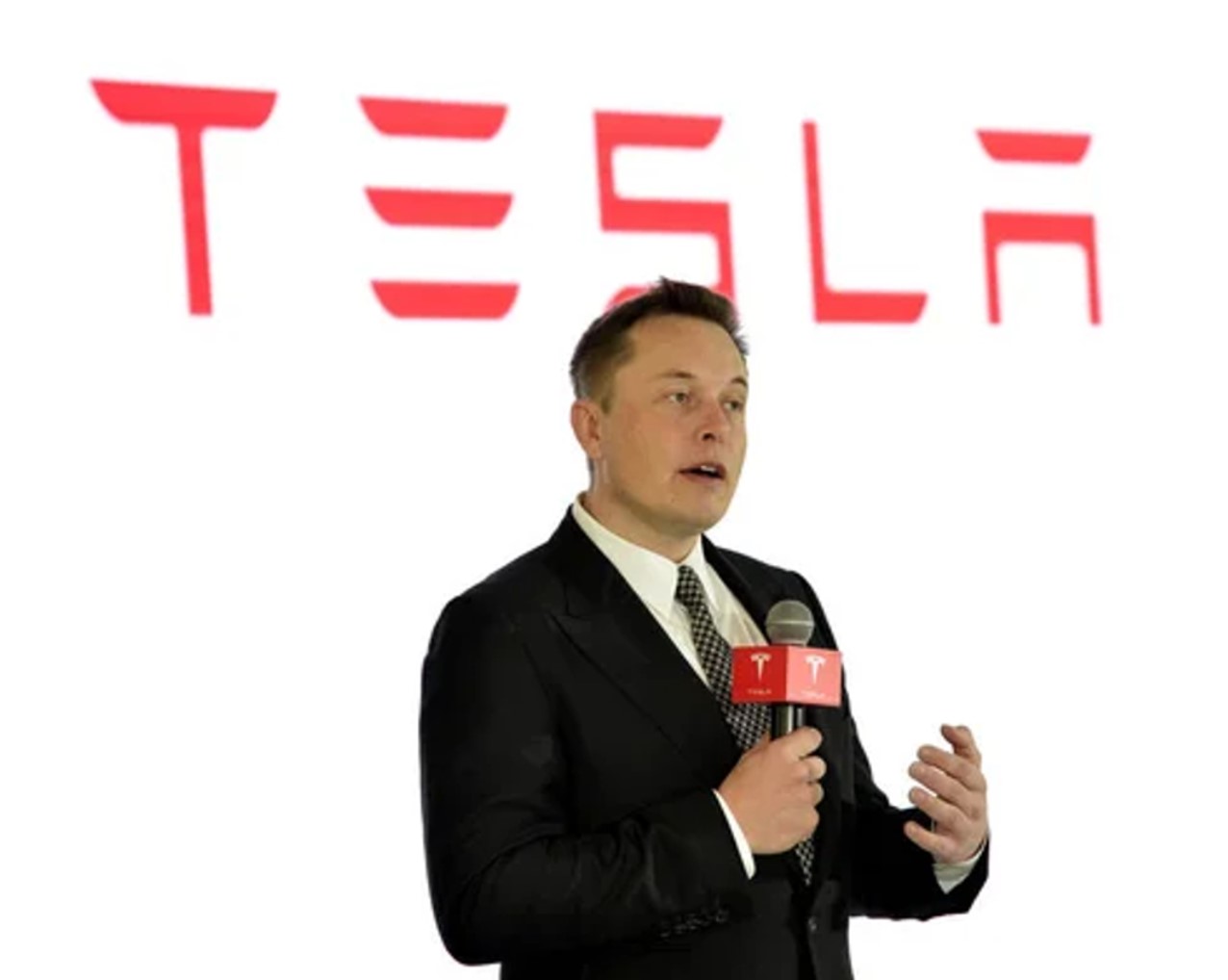
In the second quarter of this year, Tesla’s net income fell by 45% compared to a year ago. Along with other leading brands, Tesla sales plummeted even after introducing price cuts and low-interest loans.
The company said it made $1.48 billion from April to June, compared to the $2.7 billion it made in the same quarter in 2023. This is Tesla’s second consecutive quarterly net income decline.
Brands Are Bringing in Discounts
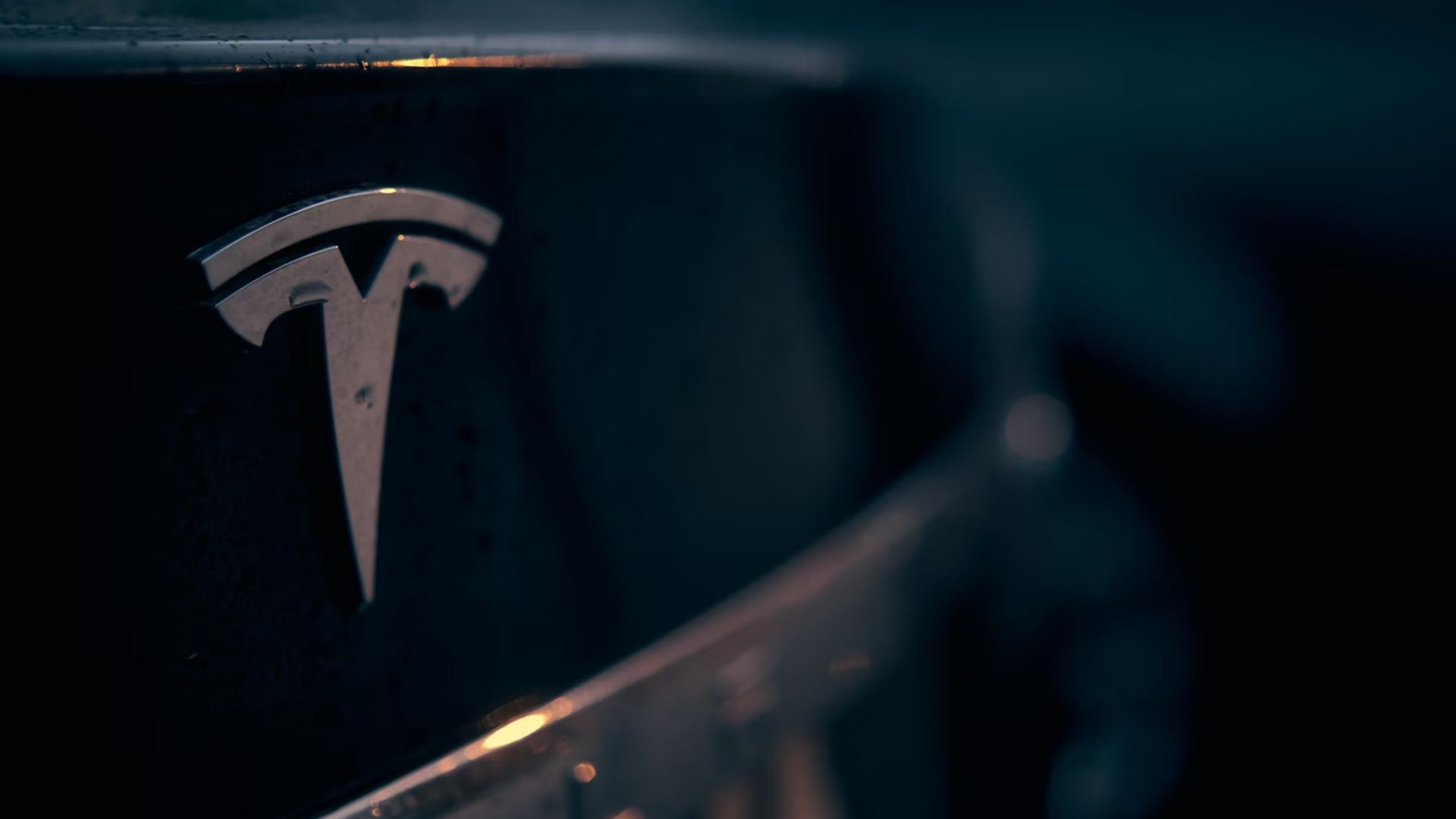
Some of the most popular EV brands have brought in major discounts in order to convince consumers to switch to electric driving.
In the U.S., discounting offers doubled through 2023. Tesla’s Model 3 and Model Y cars have discounts of $5,000, while the Ford Mustang Mach-E and the Hyundai Ioniq 5 are selling with $8,000 off the original price.
The Electric Vehicle Price War

Competition is a major factor behind the turbulence in EV pricing in the western world.
The Chinese market is locked in a price war with old and new rivals such as BYD and Tesla. Independent auto analyst, Matthias Schmidt, said: “The Chinese carmakers have become predatory in their own domestic market. In order to retain market share, western carmakers have to slash prices as well.”
On the Hunt for Buyers
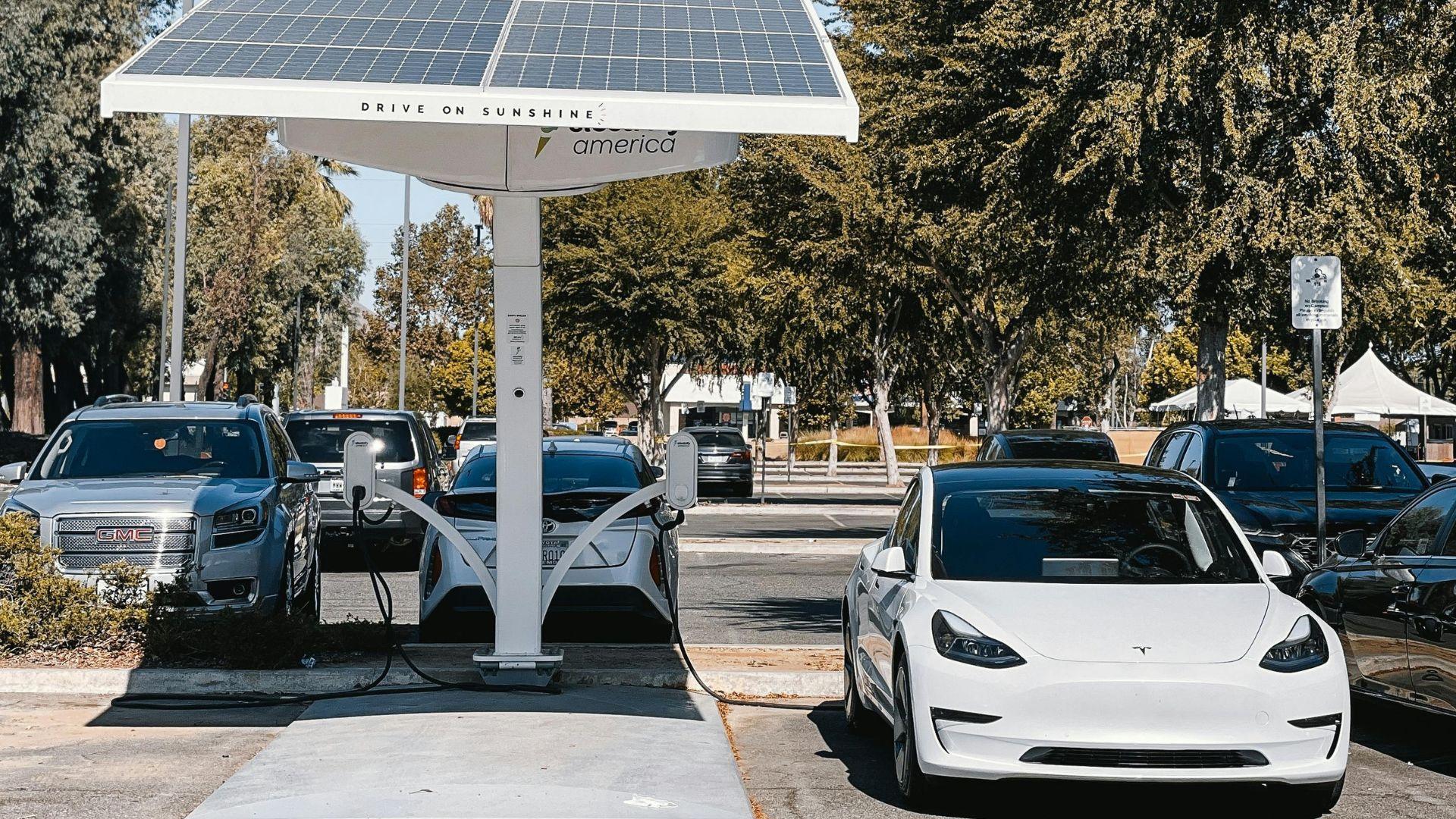
Electric carmakers are in search of buyers for EVs. For many consumers across the country, ditching reliable gas-powered cars for electric vehicles is a hard sell.
Auto Trader’s chief executive, Nathan Coe, said: “Getting consumers to buy new cars from retailers is challenging and we’ve seen discounts go from effectively nothing up to around 10% or so today on average.”
The Discounts Will Keep on Coming
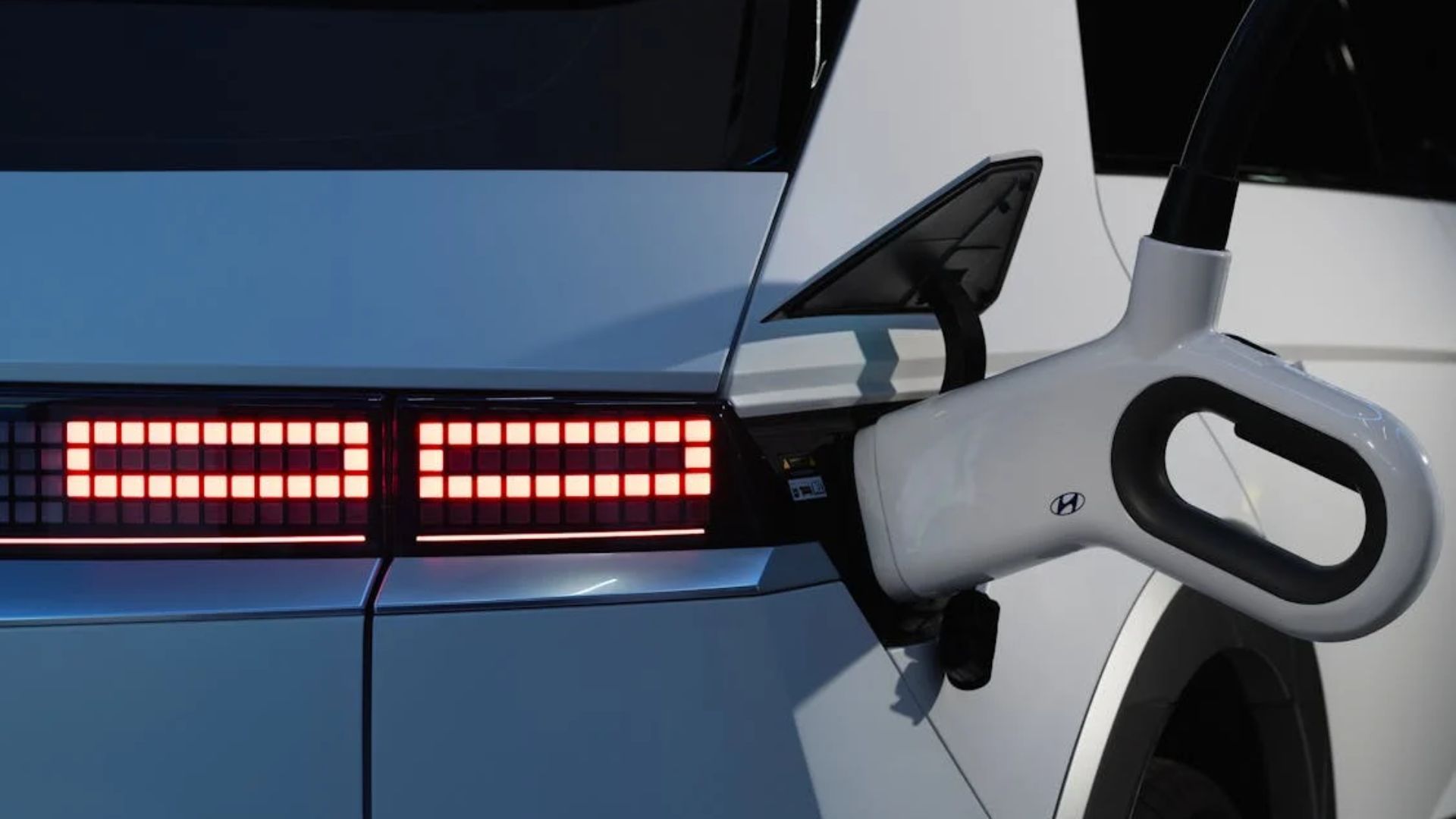
As net zero targets set the tone for the automotive industry, electric vehicle prices are projected to continue falling as carmakers scramble to find people to go green.
Electric vehicles have never been so cheap. As the electric vehicle industry has run out of enthusiastic early adopters to sell their EVs to, prices are going to have to quell consumers’ concerns for high upfront costs and lack of charging infrastructure.
